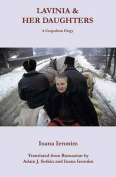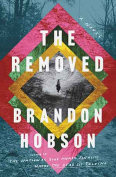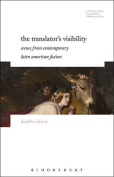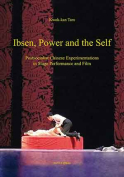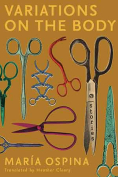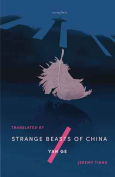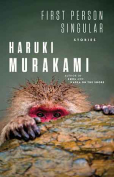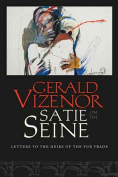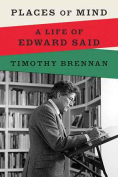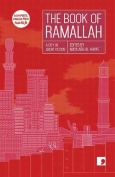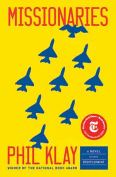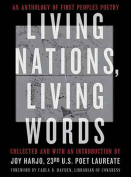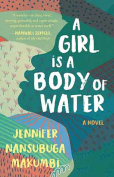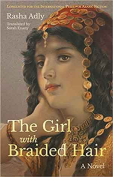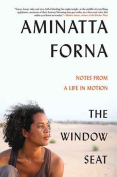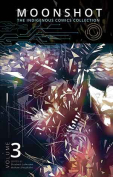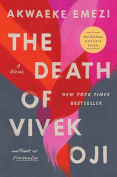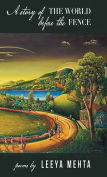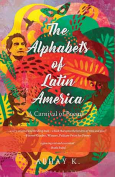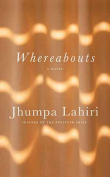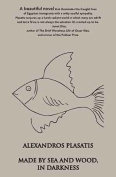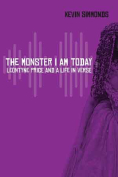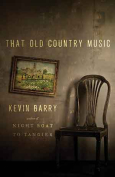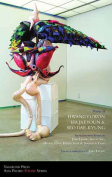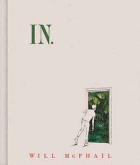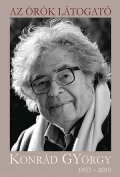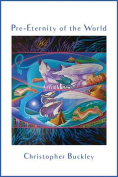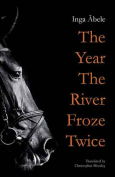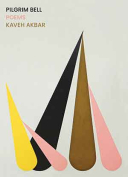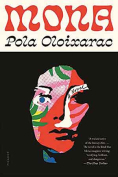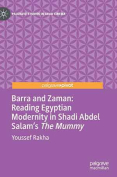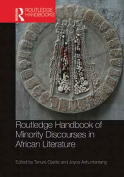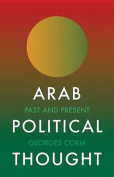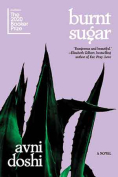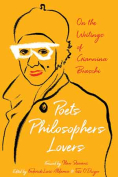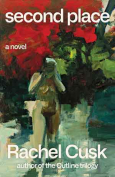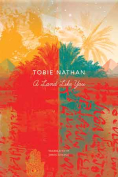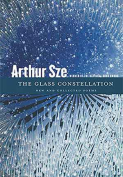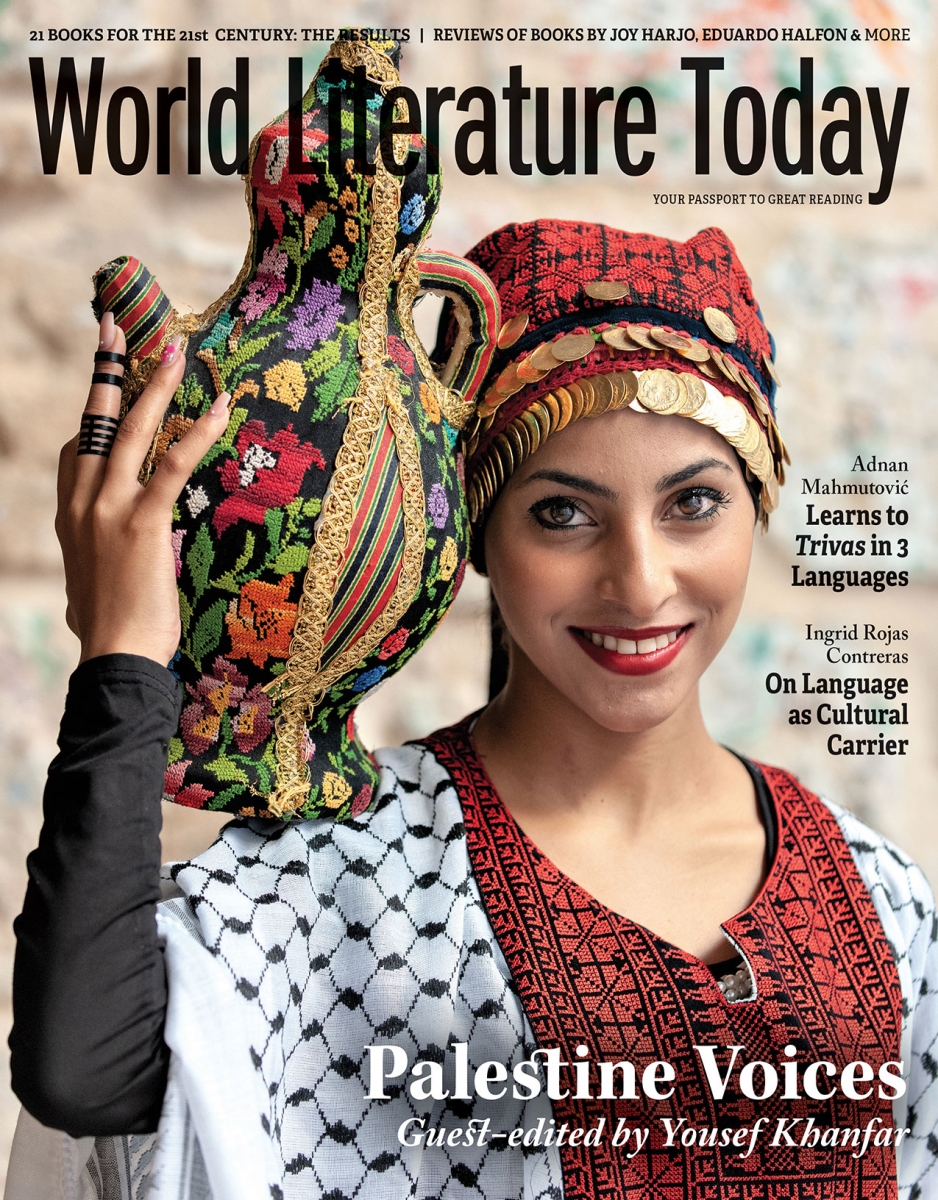The Book of Ramallah
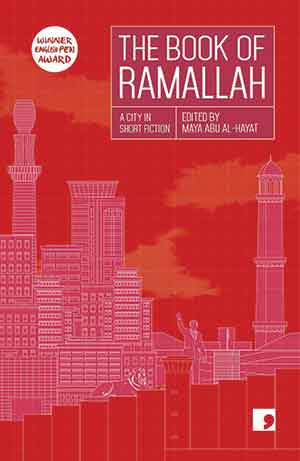 Manchester. Comma Press. 2021. 112 pages.
Manchester. Comma Press. 2021. 112 pages.
THE BOOK OF RAMALLAH brings together ten short stories to deliver a stunning and evocative portrait of this thriving city in Palestine’s West Bank. The stories—collected and edited by Maya Abu Al-Hayat—offer a multitude of perspectives of contemporary life in Ramallah. In the informative introduction, Al-Hayat outlines the nuances and complexities surrounding the nature and history of this small city. She notes that in the 1990s many expatriates returned, imbued with hope, and this extended to the artistic community. “To many writers,” she writes, “Ramallah is an ideal, a dream, a promise.”
Many of the writers in the anthology play with this earlier period of hope and compare it to the reality of living close to Jerusalem and the power the Israel Defense Forces (IDF) have over the region. In the opening story, “Love in Ramallah,” the drama focuses on a checkpoint outside the city and a soldier coercing a young girl to kiss a strange man. Unless she does so, the bus transporting Palestinians is not allowed to leave. Though Ibrahim Nasrallah’s story ends on a line of humorous dialogue, the tension in the story is real and dangerous.
Similar situations exploring the power dynamic between the Palestinians and Israelis occur throughout the book. In Liana Badr’s “A Garden That Drinks Only from the Sky,” a woman recounts in dreamlike prose the closing of a checkpoint, seemingly dooming her relationship with her lover. Such heartbreaking scenes are often reinforced by the violence of the IDF, making life in Ramallah sometimes feel hopeless and broken.
Yet this is only part of the story. The collection is more than just instances of desperation and despair. Several of the stories are tender and humorous and full of breathtaking moments of wonder in everyday life. Others like Ahlam Bshrat’s “The Horse’s Wife” offer a dose of surrealism, whereas Maya Abu Al-Hayat’s “Badia’s Magic Water” explores heartbreaking situations of unmarried pregnant women in Ramallah.
Taken as a whole, the cultural richness of the city and its environs brim in every description and utterance. All ten stories inform and entertain: they have something to say, and the authors and their translators deserve a wide audience. The Book of Ramallah is a scintillating and worthy addition to Comma Press’s series of short-fiction collections on notable cities.
Christopher Linforth
Tulsa, Oklahoma
